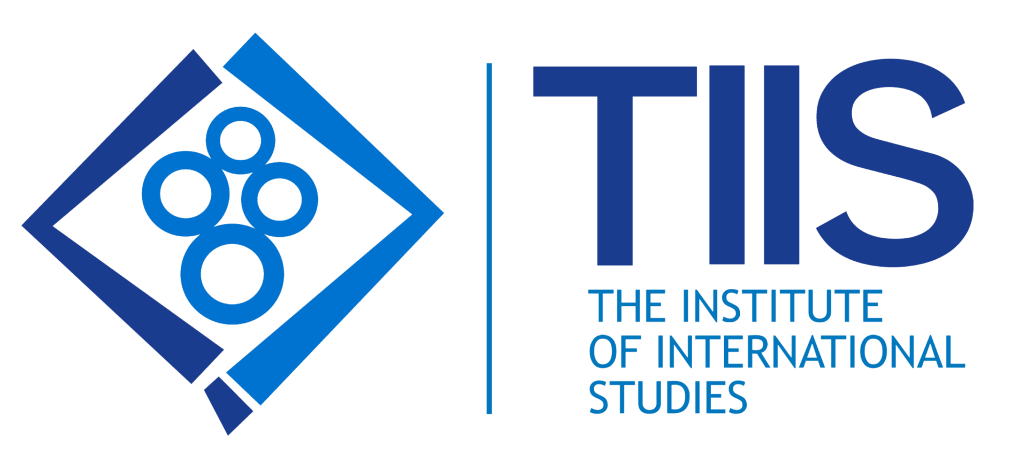Criteria
General Entry Requirements
Postgraduate Programs
General entry requirements for Master’s Programs:
- Completion of an undergraduate degree from a recognised Australian institution (or equivalent overseas institution); or
- Completion of a relevant graduate certificate or diploma from a recognised Australian institution (or equivalent overseasinstitution).
General entry requirements for Graduate Certificate Programs:
- Completion of an undergraduate degree from a recognised Australian institution (or equivalent overseas institution); or
- TAFE (or equivalent institution) Diploma or Advanced Diploma in a related field and three years relevant work experience inthe past five years.
Undergraduate Programs
- Completion of the NSW Higher School Certificate (or equivalent) achieving an ATAR of at least 50 (or equivalent) for BBusand at least 60 (or equivalent) for BIT within the past two years; or
- Completion of an AQF 5 Diploma level program from TAFE (or equivalent) or any Australian Registered TrainingOrganisation (or equivalent overseas organisation); or
- Completion of at least one semester of full-time study (or part-time equivalent) at a registered Australian higher educationprovider at AQF Level 5 Diploma or higher; or
- Completion of a bridging or enabling course from a qualified Australian provider (or equivalent overseas provider) andachieved at least 50% of the maximum mark attainable.
Refer to Special/Alternative Admission Arrangements. All overseas qualifications must be deemed to be equivalent to the pre-requisite Australian
qualification. Evaluation of overseas qualification equivalence will be determined by reference to the International Education Network – Department of Education, Skills and Employment – Country Education Profile source.
Additional Entry Requirements
In addition to the general admission requirements stipulated above, courses may specify additional requirements that applicants must meet, so as to demonstrate their capacity for success in the course.
These may include, but are not limited to:
- higher entry qualification benchmark scores
- specific supporting studies within their undergraduate program;
- attendance at interviews;
- relevant work experience;
- presentation of folios; and/or
- submission of supplementary information forms.
Additional requirements will be published in TIIS’s Student Handbook and on the website for the information of people seeking enrolment.
Special / Alternative Admission Arrangements
Applicants who have not completed the required entry qualification may be eligible to apply for entry to a course by satisfying one of the following entry requirements:
- Successful completion of a Special Tertiary Admissions Test (STAT) administered by a tertiary admissions centre; or
- Submission of a portfolio of evidence of prior and current academic & professional work experience in a program-related field; or
- Applying for credit that meets the requirements of the Policy and Procedures – Credit for Prior Learning.
Applicants applying under special admission categories 6a. and 6b. will be required to attend an interview with the Program Coordinator and Dean to assess the applicant’s capacity for successful study of the appropriate program. The applicant should submit a portfolio of prior and current academic and professional work experience with their application for Special/Alternative admission. The portfolio must include a detailed resume outlining relevant competencies and achievements during their program-related employment. Program-related employment must be of a minimum period of three years in the last five years and be evidenced by employer issued documents such as employment references, employment separation certificate or wage documents. Off-shore international students will need to be available for telephone interviews.
The following table (Admission Criteria) outlines the criteria to be applied by the Program Coordinator and Dean when selecting applicants to a course under special/alternative admission arrangements. These include the applicant’s:
- Capacity to successfully pursue tertiary studies;
- Motivation to pursue tertiary studies in the discipline of the chosen course;
- Demonstrated potential for academic studies based on the applicant’s portfolio;
- Relevant professional and industry experience.
ADMISSION CRITERIA – Special entry Portfolio indicative criteria
Applicants who do not meet entry requirements may gain entry to a course by provision of a portfolio and interview with the Program Co-ordinator and Dean. The material submitted in the Portfolio should address the following criteria:
Criterion | Indicative evidence |
The capacity to successfully pursue tertiary studies | Transcripts, including grades, of complete and incomplete formal studies |
Motivation to pursue tertiary studies in the discipline of the chosen course | Professional development activities undertaken, Certifications, Professional references |
Demonstrated potential for academic studies | Transcripts, including grades, of complete and incomplete formal studies |
Relevant professional and industry experience | CV detailing work experience, skills and knowledge developed and responsibilities carried Professional references |
English Proficiency
International students whose first language is not English must demonstrate competency in the English language. English proficiency can be demonstrated by providing evidence of an International English Language Testing System (IELTS) overall test result (or equivalent alternative test result – such as TOEFL (Test of English as a Foreign Language) or PTE (Pearson Tests of English) – as defined by regulation) that meets the specified level of English proficiency required for the course.
|
COURSES |
IELTS OVERALL | MINIMUM BAND (IELTS) | PTE OVERALL | MINIMUM SCORE (PTE) |
| MBA, MPAA, MCS | 6.5 |
No band below 6.0 |
58.5 |
No score lo than 51.6 |
|
GCBA, GCPA, GCIT, BIT |
6.0 |
No band below 6.0 |
51.6 |
No score lower than 51.6 |
| BBus | 6.0 | No band below 5.5 | 51.6 |
No score lower than 45.4 |
There is some flexibility in these hurdles (e.g., if one band is slightly below the hurdle and another is far above, the reviewer should try to be compassionate. In addition, if one band is slightly below the hurdle, prescribed ELICOS studies can be used to bridge the gap, however, some deficiencies are too broad to be bridged with ELICOS.
Other acceptable evidence of English proficiency includes but may not be limited to:
- Completion of an undergraduate degree via the medium of English; or
- Completion of Year 12 secondary schooling in Australia with a pass in General English within the last two years
International students who do not meet the specified English proficiency requirements may undertake an ELICOS (English Language Intensive Courses for Overseas Students) program prior to undertaking the course.
Want to know more?
Find out more about studying in Australia with TIIS Institute.

